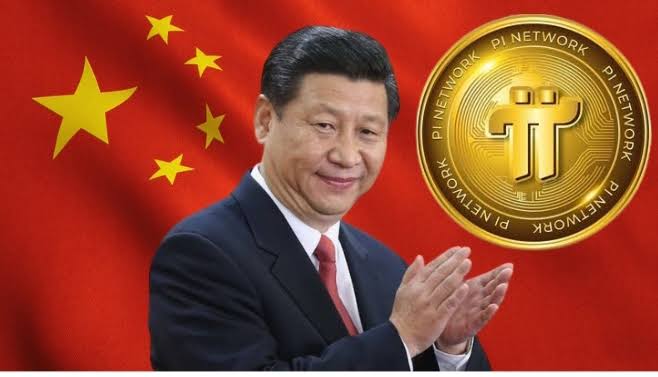In a bold move towards innovative digital solutions, a corporation based in China recently hosted a groundbreaking conference focused on the potential exchange of Pi Network, a cryptocurrency, with real estate, automobiles, and jewelry. The event aimed to foster discussions and explore the possibilities of integrating Pi Network into various sectors of the economy.
The conference, held in a prestigious venue in Shanghai, gathered experts, industry leaders, and government representatives to delve into the potential benefits and challenges associated with adopting Pi Network as a solution for economic issues. Attendees discussed the potential impact on sectors such as real estate, automobiles, and luxury goods, including gold and silver jewelry.
A corporation in China organized a conference to discuss the exchange of Pi Network with real estate, automobiles, and jewelry (gold, silver, etc.).
What would happen if governments of different countries accept Pi Network as a solution to various issues such as inflation,… pic.twitter.com/EyFh8dbScz
— Cryptoleakvn (@cryptoleakvn2) July 17, 2023
Pi Network, a decentralized cryptocurrency that relies on a network of users to authenticate transactions, has gained attention for its unique approach to digital currency. Unlike traditional cryptocurrencies, Pi Network aims to empower individuals by enabling them to mine coins using their smartphones. The network has attracted a significant user base globally, with millions of active participants.
The discussions at the conference went beyond the scope of mere exchange value, focusing on the potential wider acceptance of Pi Network by governments as a solution to various challenges. Experts raised the possibility of governments embracing Pi Network to address pressing issues such as inflation, governance, healthcare, education, banking, and commerce.
If governments from different countries were to accept Pi Network as a viable solution, it could have far-reaching implications for global economies. Pi Network’s unique consensus mechanism and user-friendly approach have the potential to revolutionize traditional economic systems. By embracing this novel technology, governments could enhance transparency, reduce bureaucracy, and foster financial inclusion for their citizens.
However, it is important to note that the acceptance of Pi Network by governments would come with its own set of challenges. Regulatory frameworks, security concerns, and legal implications would need to be carefully addressed to ensure the stability and integrity of the financial ecosystem.
While the discussions at the conference have sparked excitement and curiosity, it is still early days for Pi Network’s potential integration with real estate, automobiles, and jewelry. Further research, collaboration, and pilot programs will be necessary to explore the practicality and viability of such exchanges.
As the world navigates an increasingly digital landscape, initiatives like the conference in China serve as a reminder of the ongoing exploration and potential transformative power of cryptocurrencies. Time will tell whether Pi Network can overcome the challenges and secure widespread acceptance as a solution for various global economic issues.












